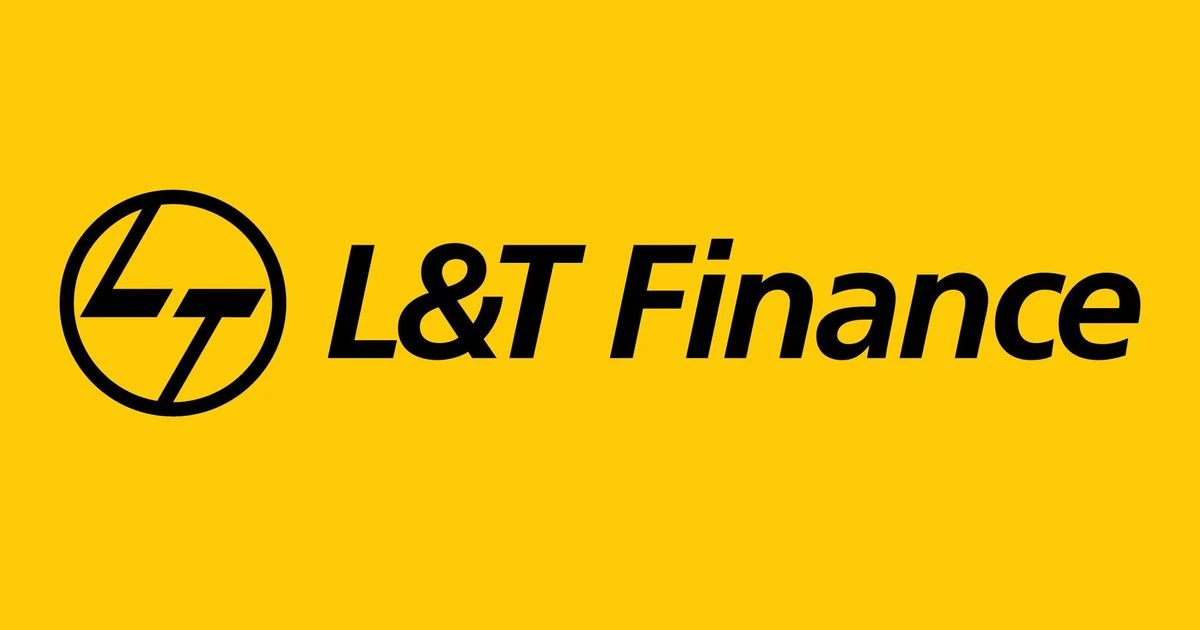Trump's DFC Overhaul: Expanding Reach, Boosting Funding, and Prioritizing National Security

The Trump administration is pushing for a significant overhaul of the U.S. International Development Finance Corporation (DFC), aiming to dramatically expand its reach, quadruple its financial firepower, and sharpen its focus on national security interests. This proposed transformation signals a shift in U.S. development policy, moving beyond traditional poverty alleviation efforts to encompass a broader range of strategic objectives.
Currently, the DFC, formerly known as the Overseas Private Investment Corporation (OPIC), primarily focuses on financing projects in low- and lower-middle-income countries. The administration’s plan would allow the DFC to invest in higher-income nations as well, opening up new avenues for U.S. influence and economic engagement. This change is particularly noteworthy given the increasing global competition for influence, especially from China’s Belt and Road Initiative.
Quadrupling Spending Power: A Game Changer
The cornerstone of the proposed overhaul is a fourfold increase in the DFC’s lending and investment authority. Currently authorized at $60 billion, the DFC would be empowered to deploy up to $260 billion. This substantial increase would allow the agency to undertake larger and more impactful projects, potentially leveraging private capital to achieve even greater development outcomes. The increased funding would also enable the DFC to compete more effectively in emerging markets and counter China's economic influence.
National Security at the Forefront
Beyond expanding its scope and financial capacity, the administration is emphasizing the DFC’s role in advancing U.S. national security. The proposed changes would give the DFC greater authority to prioritize projects that support critical infrastructure, energy security, and strategic industries. This shift reflects a growing recognition that development assistance can be a powerful tool for promoting U.S. geopolitical interests and countering threats.
Implications and Criticisms
The proposed DFC overhaul has drawn both praise and criticism. Supporters argue that it would enhance U.S. competitiveness, promote economic growth in developing countries, and strengthen national security. Critics, however, express concerns that the expanded mandate could lead to politically motivated investments, undermine the agency’s development mission, and potentially crowd out private investment. Some also question whether quadrupling the DFC's resources is fiscally responsible.
The debate surrounding the DFC’s future highlights the evolving role of development finance in a world characterized by geopolitical competition and complex development challenges. As the administration’s proposal moves through Congress, stakeholders will be closely scrutinizing its potential impact on both development outcomes and U.S. strategic interests.
Key Considerations Moving Forward:
- Balancing Development and Security: Ensuring that national security considerations do not overshadow the DFC’s core development mission.
- Transparency and Accountability: Maintaining robust oversight mechanisms to prevent corruption and ensure that investments are effective and sustainable.
- Coordination with Other Agencies: Harmonizing the DFC’s activities with those of other U.S. government agencies involved in development assistance.






